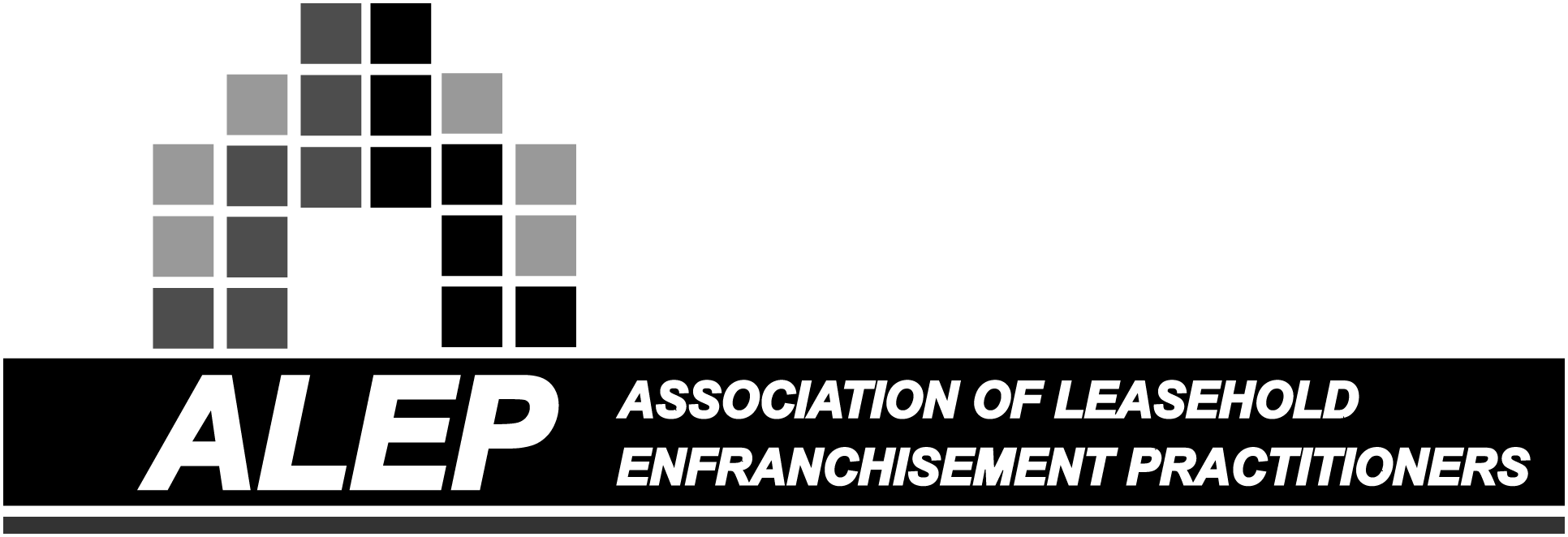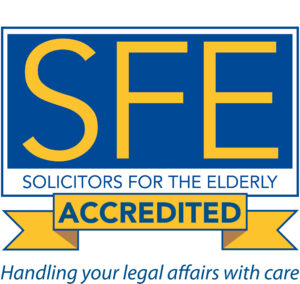Dealing with disciplinary procedures
If your employer has cause for concern about your conduct or performance they could start disciplinary action against you. By law there should be a disciplinary policy which sets out the procedure they will follow in such situations. This can either be referred to in your contract of employment or a staff handbook.
Your employer may start by trying to sort out the problem on an informal basis. This would normally involve them having a quiet word with you about their concerns and explaining what improvement they expect to see.
If the matter is more serious, your employer may start formal disciplinary proceedings, in which case they should always have regard to the ACAS Code of Practice on Disciplinary and Grievance Procedures.
Suspension
You could be suspended from work if the allegations against you are potentially very serious or if you could hinder any investigation if you remain at work. You can be suspended without pay if your employment contract says so. If you do not have a written contract or your contract is silent on this point, your employer can still suspend you but you would be entitled to be paid.
Disciplinary invitation and written information
As part of a fair disciplinary process, your employer should write to you telling you what the allegations are. In addition they should give you a summary of relevant information gathered during the investigation, send you the documents which will be used at the disciplinary hearing together with any witness statements they will use. The letter should invite you to attend a disciplinary hearing and include the date, time and place. It should take place fairly promptly, usually between two days and one week after you receive the written invitation and evidence.
Disciplinary hearing
The disciplinary hearing should be held by someone who was not involved in the investigation (although this may not always be possible in a very small company). At the meeting your employer should go through the allegations and the evidence and give you the opportunity to respond. The hearing may be adjourned if your employer needs to carry out any further investigations. For example, it may decide to re-interview witnesses or check computer records in the light of points that you have raised at the hearing. You should be given a reasonable opportunity to consider any new information obtained before the hearing is reconvened.






